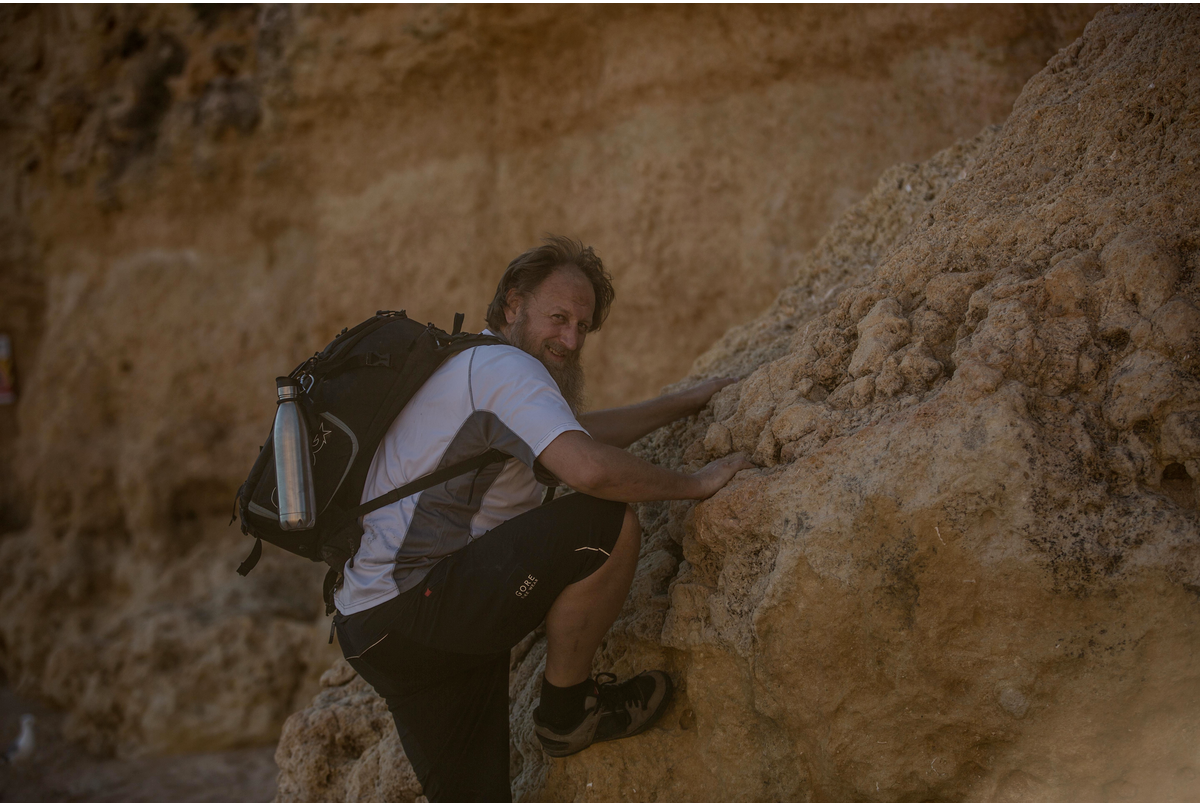9 reasons why hydration is important during exercise
If you exercise regularly you’ll probably already know that being hydrated makes you feel 100 times better when you workout. However, there are actually some pretty compelling biological reasons that hydration is so important during exercise. Take a look at the top reasons you need to keep your water bottle close by the next time you work up a sweat.
1. You lose water while you exercise

When we sweat, our body loses water much more rapidly than it would at a normal rate.
This means that we need to take on water to replenish our H2O and ensure that we don’t leave our workout feeling headachy, dehydrated and sluggish. Whilst exercising, it’s important to hydrate to replace the water lost.
2. You need to avoid overheating

3.Staying hydrated whilst exercising fights fatigue

4. Hydration increases reaction times
Water allows your muscles to work at their best, and this means that your reflexes and brain-muscle connection is improved when you are hydrated. If you’re playing sport and want your reaction times to be at their best, then staying hydrated whilst exercising is a must.
5. Hydrate to avoid cramps

As we mentioned, hydration helps the muscles perform at their best, whilst on the flip side of that dehydration causes them to have to work harder. As they have to work harder, they sometimes overheat and seize up which causes the cramping feeling.
Without sufficient water, your muscles will struggle to get access to the electrolytes, sodium and potassium that they need from the blood and this can cause cramping. If you’re experiencing cramping whilst exercising, a good glug of water and a banana to replace lost potassium, calcium and magnesium normally does the trick.
6. Encourage detoxing and sweating

There is nothing better than getting a good sweat on, but did you know that if you’re dehydrated your body will hold onto water? This means that you won’t be able to detox the body effectively and will struggle to sweat as much as you should do.
7. Improve muscle function

Your muscles need water to function, and to achieve homeostasis in the body. Without the balance of water being just right, your muscles will cramp up and not be able to get the nutrients they need.
When you’re trying to hit a PB, move your body and get the endorphins flowing, the last thing you need is your muscles playing up. Ensure that they can operate effectively by ensuring your stay hydrated during exercise.
8. Improve circulation

Water is essential to circulation, as the blood needs H20 in order to rejuvenate itself and flow freely around the body. If you want to improve circulation, which helps to transport oxygen and other essential nutrients around your body, then hydration is key.
9. Keep a healthy blood pressure

Blood pressure refers to the amount of blood circulating in your blood vessels and having a normal amount running through your veins is essential. If you don’t have a good blood flow that is not too low or too high then your body will struggle to get the nutrients it needs from the blood.
When you’re dehydrated your body is unable to maintain a healthy blood flow and this can cause problems. Ensure that you maintain a healthy blood pressure by ensuring hydration is kept up during exercise.
How much water should you drink a day when exercising
Everybody should aim to take on 6-8 glasses of fluid a day. This should increase when you are exercising, however there is no right or wrong when it comes to hydration, as everybody is different.
It is important to be guided by your own thirst when it comes to hydration, as opposed to using a set standard. The minimum is definitely 6-8 glasses a day to stay hydrated when exercising, however you should resist over drinking and aim to take on around 500ml per hour of intense exercise at a maximum. Be guided by your own thirst and listen to your body.
Conclusion
Hopefully you now feel inspired to stay hydrated and keep your body healthy when training. To help you out, why not treat yourself to an eco-friendly water bottle that will give you an incentive to stay hydrated? For more information on the benefits of a stainless steel water bottle, take a look at our article on the dangers of BPA exposed.



Leave a comment